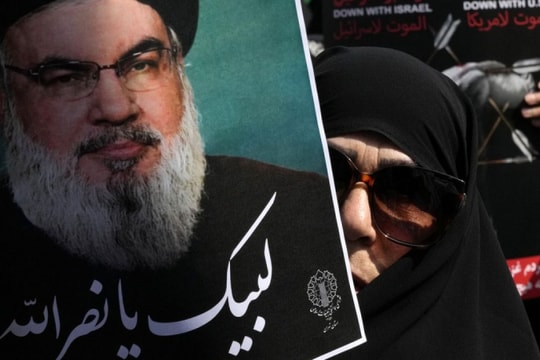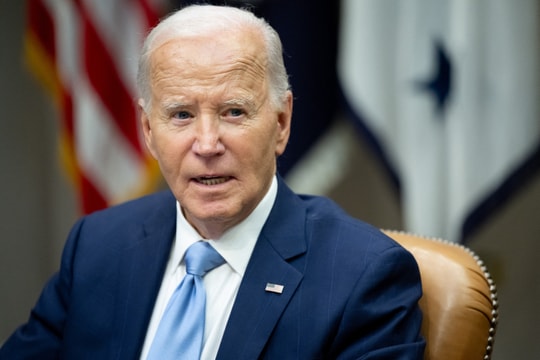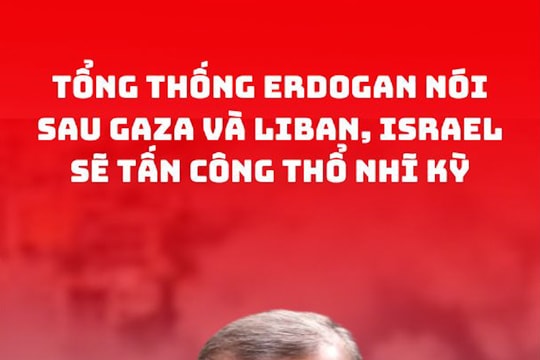Israel airstrikes center of Lebanon's capital
Israel launched a bomb attack on central Beirut early on October 3, killing at least six people, after its forces endured their bloodiest day on the Lebanese front in a year of fighting with the Hezbollah militant group.
6 people killed in Beirut
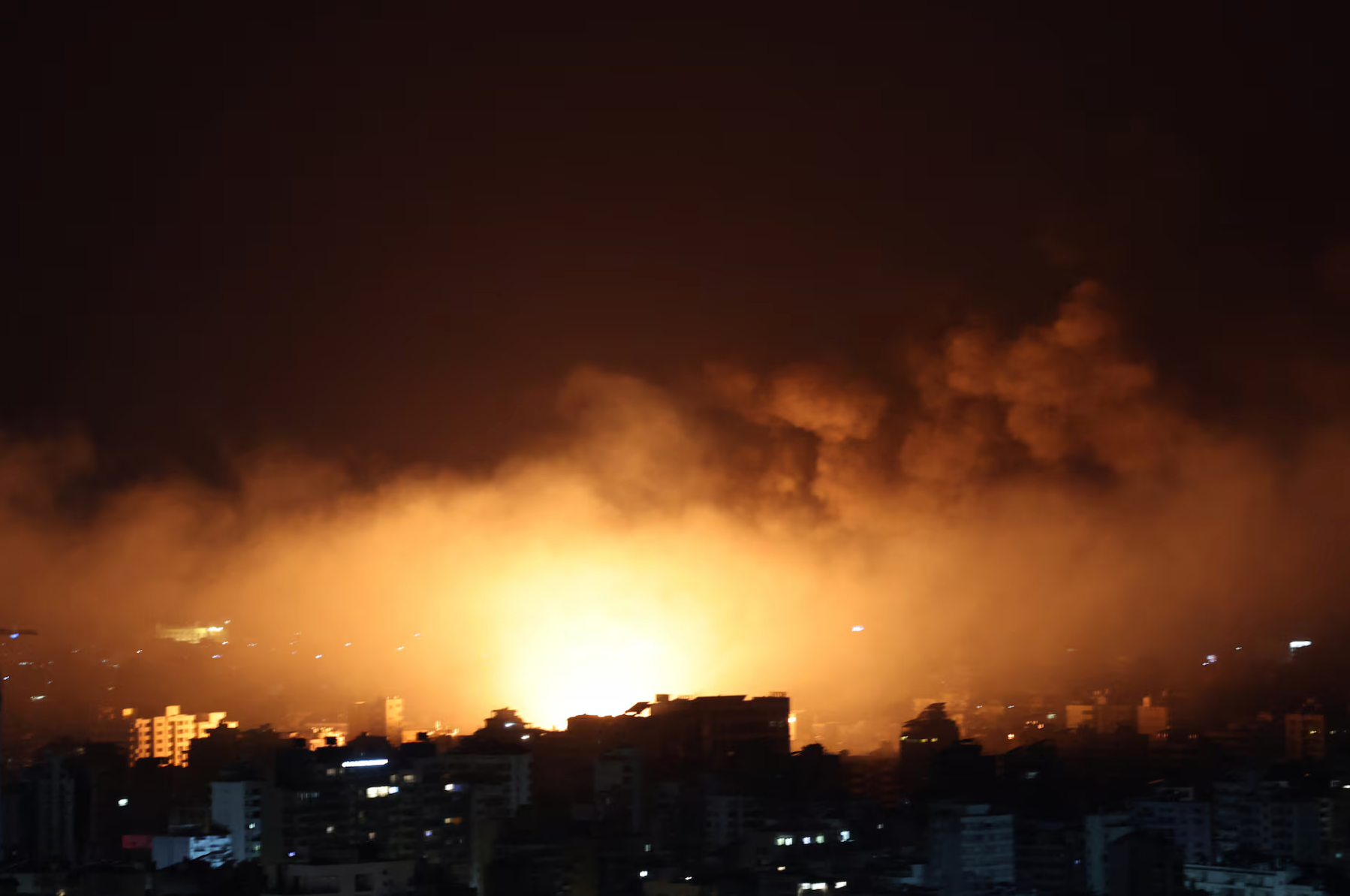
Israel said it carried out a precision airstrike on Beirut. Witnesses told Reuters they heard a loud explosion, and a security source said the attack targeted a building in the central Beirut neighborhood of Bachoura, near the parliament. It was the closest Israel has come to Lebanon's center of government.
At least six people were killed and seven injured, according to Lebanese health officials. A photo being shared on Lebanese WhatsApp groups shows a badly damaged building with the first floor on fire.
Three missiles also hit the southern suburb of Dahiyeh, where Hezbollah leader Hassan Nasrallah was killed last week, and Lebanese security officials said there were loud explosions. The southern suburbs were hit by more than a dozen Israeli strikes on October 2.
A day after Iran fired more than 180 missiles at Israel, Israel said on October 2 that eight of its soldiers were killed in a ground battle in southern Lebanon as its forces advanced into its northern neighbor.
Israeli infantry and armored units took part in ground operations in Lebanon on Monday, the Israeli military said, as an Iranian missile attack and Israel's promise of retaliation raised fears that the oil-producing Middle East could be drawn into a wider conflict.
Hezbollah said its fighters had engaged Israeli forces inside Lebanon. The movement reported the first ground clashes since Israeli forces crossed the border on September 30. Hezbollah said it destroyed three Israeli Merkava tanks with missiles near the border town of Maroun El Ras.
Israeli airstrikes have killed at least 46 people in southern and central Lebanon in the past 24 hours, the Lebanese Health Ministry said.
Iran said on October 2 its biggest-ever missile attack on Israel was over unless it was further provoked, but Israel and the United States promised a strong response.
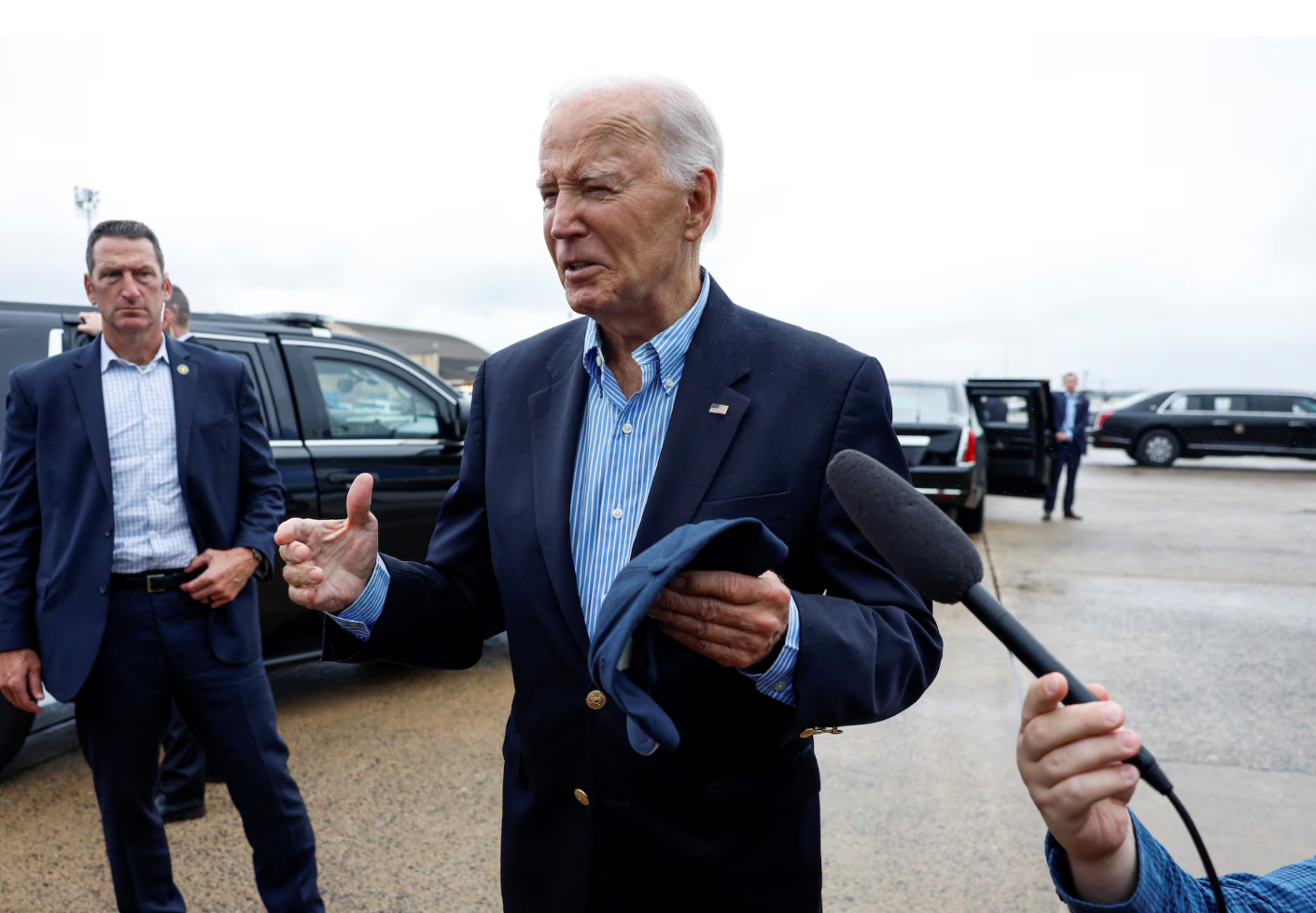
US President Joe Biden said he would not support any Israeli attack on Iran's nuclear sites in response to the country's ballistic missile attack and called on Israel to act "balanced" towards its regional foe.
The White House said Mr. Biden spoke by phone with Group of Seven leaders on October 2 to coordinate a response, including new sanctions against Tehran.
G7 leaders expressed "strong concern" about the Middle East crisis but said a diplomatic solution was still possible and a region-wide conflict was in no one's interests.
Hezbollah said it pushed back Israeli forces near several border towns and also fired rockets at military posts inside Israel.
The paramilitary force's media chief, Mohammad Afif, said the battles were only the "first round" and that Hezbollah had enough fighters, weapons and ammunition to repel Israel.
Israel's reinforcement of infantry and armored forces from the 36th Division, including the Golani Brigade, the 188th Armored Brigade and the 6th Infantry Brigade, suggests the campaign could expand beyond limited raids.
The Israeli military said its incursion was aimed primarily at destroying tunnels and other infrastructure on the border and there were no plans for a broader operation targeting the Lebanese capital Beirut in the north or major cities in the south.
1.2 million Lebanese people evacuated
However, Israel has issued new evacuation orders for about two dozen towns along its southern border, asking residents to move north of the Awali River, which flows east to west, about 60 kilometers north of the Israeli border.
More than 1,900 people have been killed and more than 9,000 wounded in Lebanon in nearly a year of cross-border fighting, with most of the deaths occurring in the past two weeks, according to Lebanese government statistics.
Caretaker Prime Minister Najib Mikati said about 1.2 million Lebanese have been forced to flee their homes due to Israeli attacks.
Iran described the missile attack on October 1 as a response to Israel's killing of Hezbollah leaders, including Nasrallah, attacks in Lebanon targeting the group and Israel's war against Palestinian Hamas militants in Gaza.
There were no casualties from the rocket attack in Israel, but one person was killed in the occupied West Bank.


